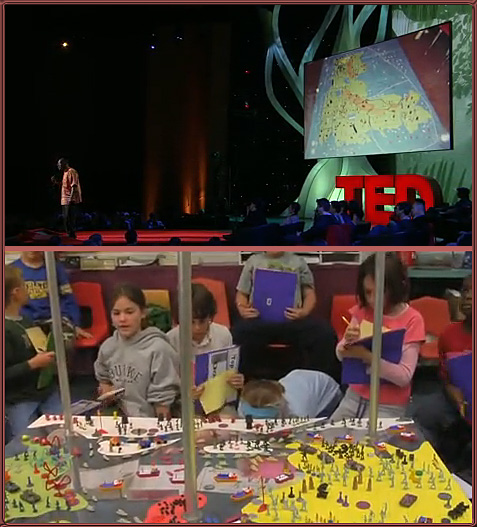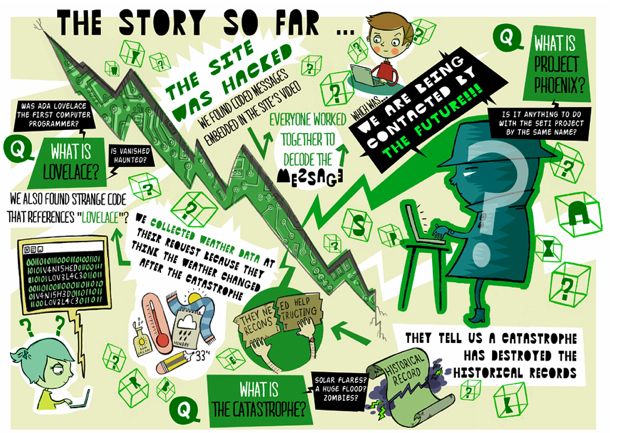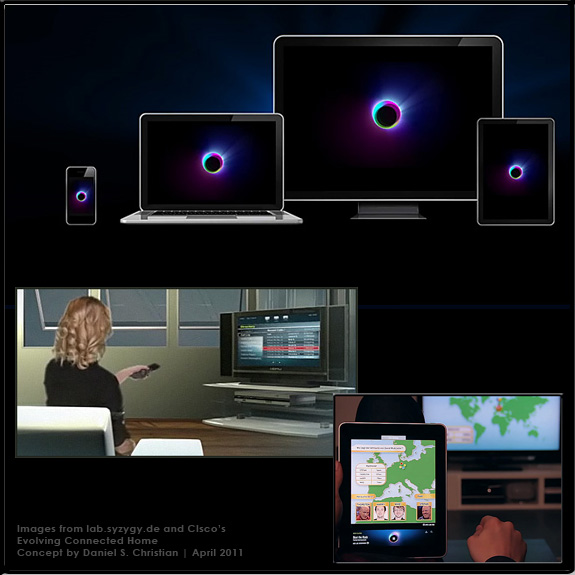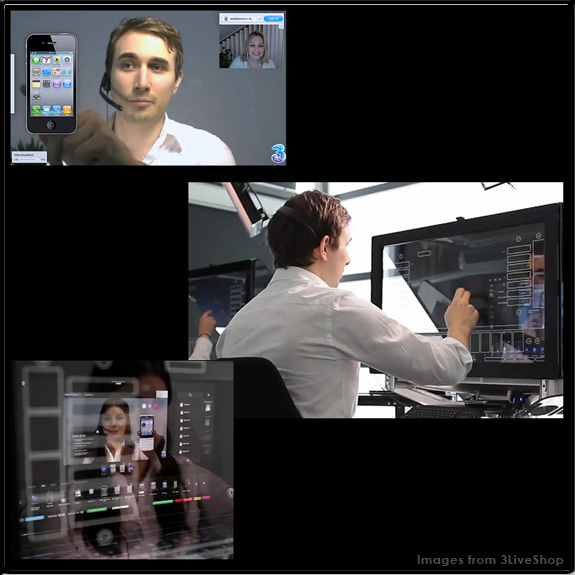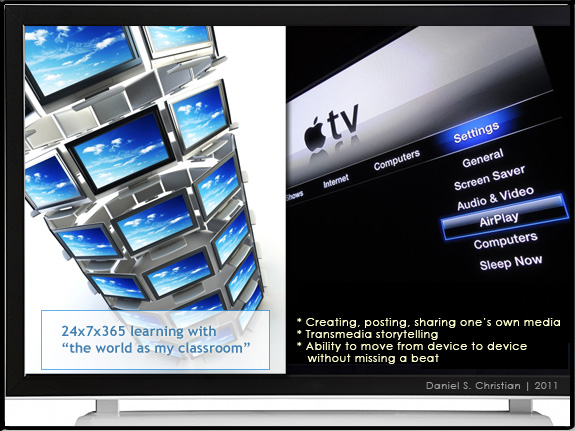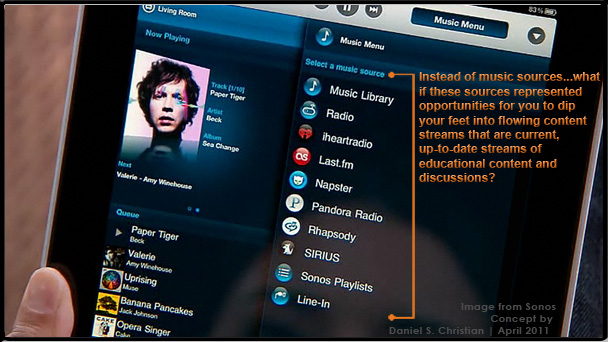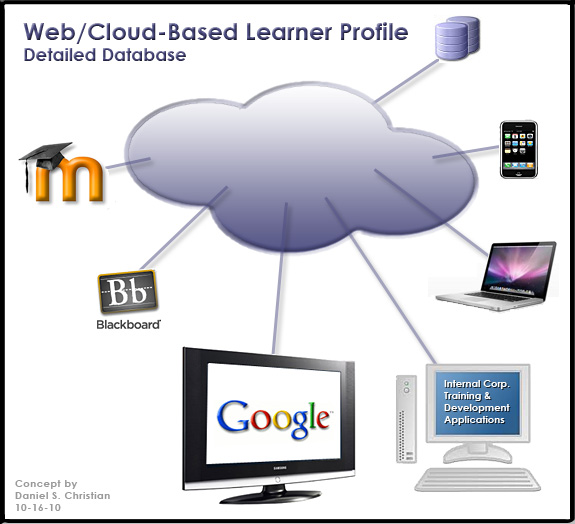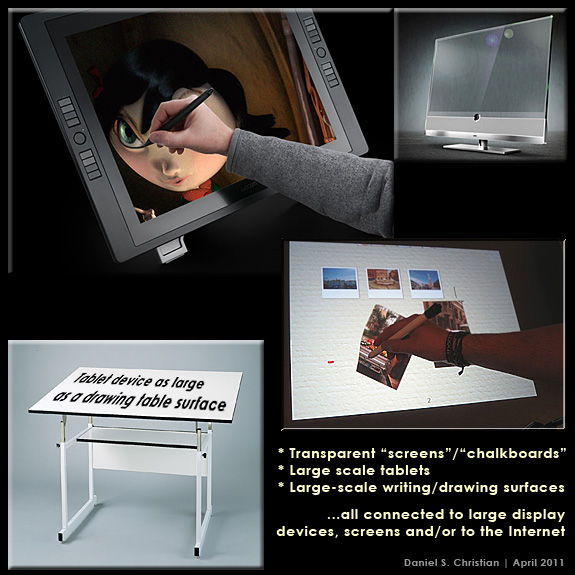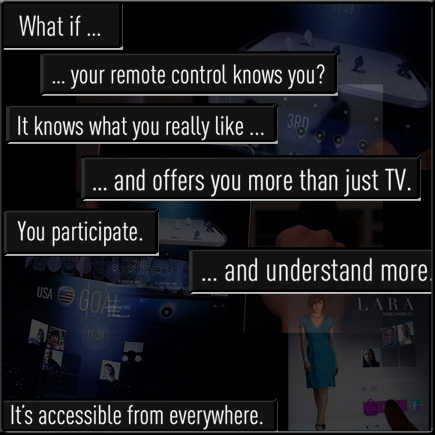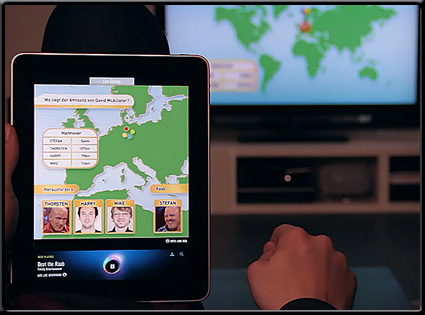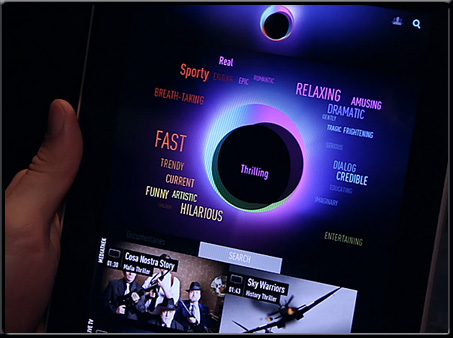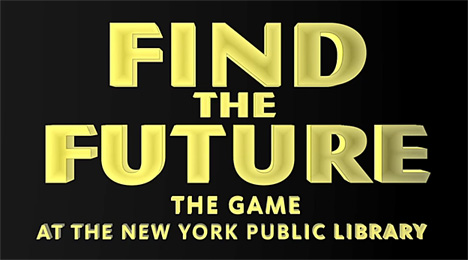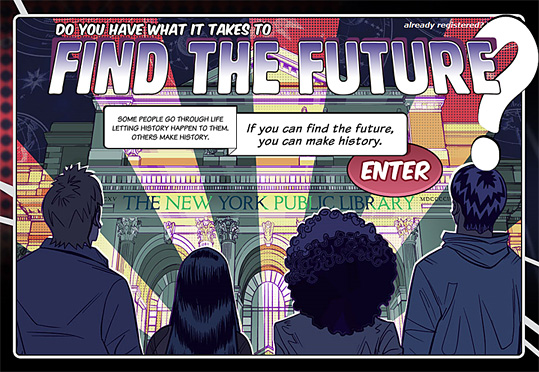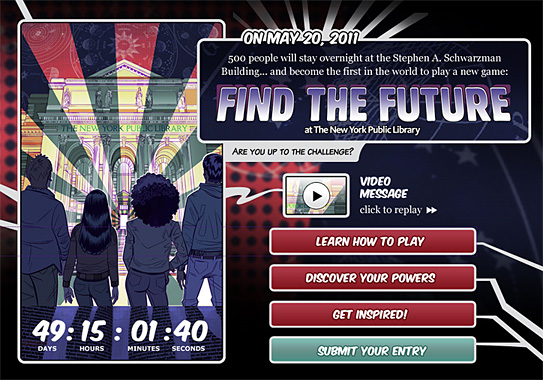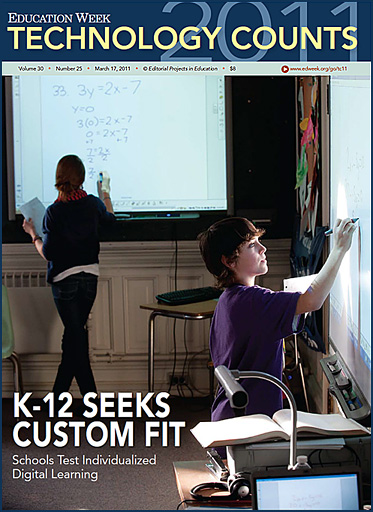Instructional Design for Simulations — from the University of Central Florida
Training and educational programs are now incorporating stand-alone and PC-based simulations and instructional (video) games to enhance human performance. The result has been a growing demand for simulation, game-based training, and instructional systems in corporate, government, and education sectors. The Graduate Certificate in Instructional Design for Simulations takes an interdisciplinary approach to prepare educators, instructional designers, human resource personnel, and training specialists in corporate, industry, and educational settings. Students will acquire the skills to successfully work with engineers, graphic artists, computer programmers, and game developers to design training and instructional systems, focusing on the pedagogical aspects of stand-alone and PC-based desktop training and educational simulations and games. To learn more, visit the Instructional Technology website at: http://education.ucf.edu/insttech.
Required Courses: 15 Total Credit Hours
Courses are available both in Web-based and mixed mode (reduced seat time) formats. This program may be completed entirely online.
EME 6613 Instructional System Design
EME 6601 Instructional Simulation Design for Training and Education
EME 6614 Instructional Game Design for Training and Education
IDS5717C Introduction to Modeling and Simulation
DIG 6432 Transmedia Story Creation
For information contact:
Atsusi Hirumi, Ph.D., Associate Professor
College of Education…














